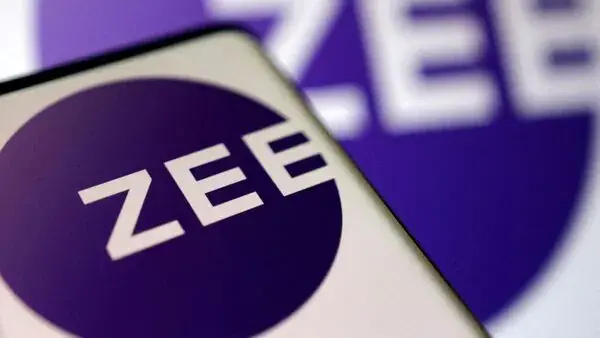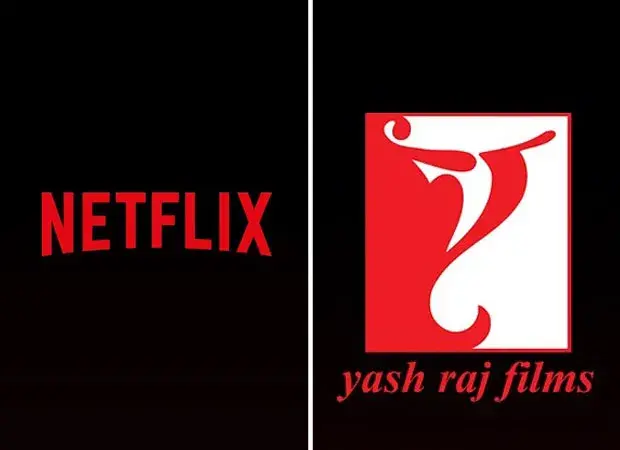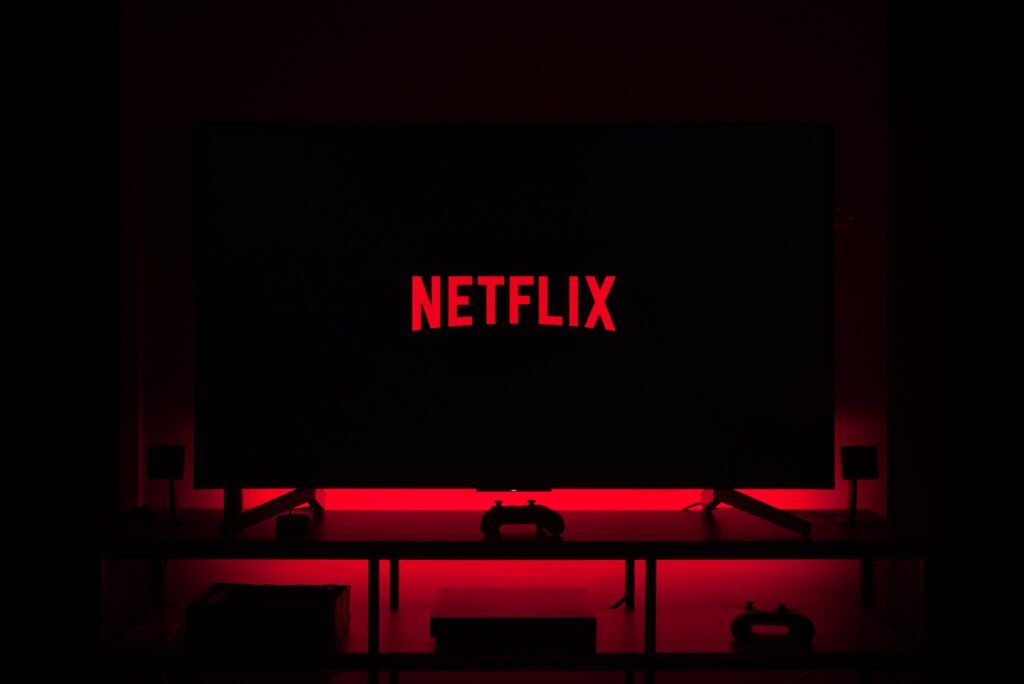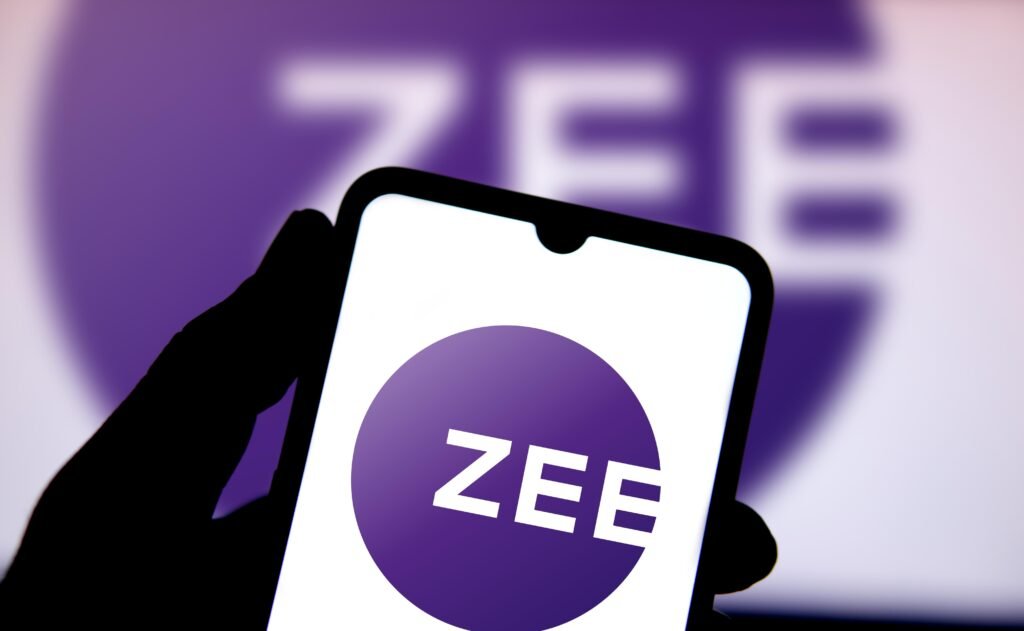Zee cements dominance in Hindi movie broadcasting with 28.7% market share in Q2FY26
Zee Entertainment Enterprises Ltd. (ZEEL) has achieved a three-year high in the Hindi movie broadcasting space, capturing a 28.7% market share in Q2FY26. The surge was powered by Zee Cinema, which reclaimed its position as the No. 1 Hindi movie channel in the 15+ HSM Urban category. The success was driven by blockbuster premieres such as Jaat, Game Changer, and Pushpa: The Rule Part 2—the latter emerging as the highest-rated movie premiere of FY26 to date. Zee’s Free-to-Air channels, Anmol Cinema and Zee Action, also led the charts in Q2FY26, each reaching over 116 million viewers across all genres in the 15+ HSM Urban market. Beyond Hindi, Zee sustained its leadership in regional movie clusters. In Maharashtra, Zee Talkies, Zee Yuva, and Zee Chitramandir together commanded nearly 50% market share, supported by the hit premiere of Phullwanti. In southern and eastern markets, Zee Thirai (Tamil), Zee Cinemalu (Telugu), and Zee Biskope (Bhojpuri) ranked among the top three regional movie channels. A company spokesperson attributed the strong performance to Zee’s robust content strategy, which blends fresh premieres, evergreen classics, and data-driven programming. With 22 movie channels across six languages, Zee’s movie network reached over 550 million viewers in September 2025 alone. The movie genre continues to attract major advertisers, given its massive scale and consistent ratings. Zee’s extensive movie library features timeless hits like Hum Aapke Hain Koun, Karan Arjun, and Bobby — with Hum Aapke Hain Koun alone garnering over 250 million viewers in the past five years. Source: Economic Times
Zee cements dominance in Hindi movie broadcasting with 28.7% market share in Q2FY26 Read More »










